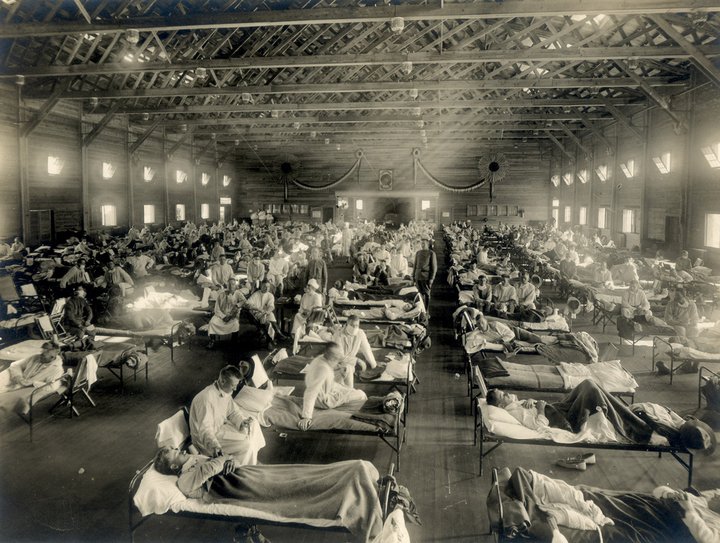“For
the sun gave forth its light without brightness, like the moon,
during the whole year [536 AD].”
— Byzantine historian Prokopius
###
Most of us, I suspect, could easily pick out our personal Worst Year: divorce, death of a parent or sibling or child, overdose, car accident. Then there are the global events that shaped our lives, which happened during our lifetimes. For me, that would be 1945, when this country dropped atomic bombs on two Japanese cities. A friend, still reeling from recent elections, picks his worst year as 2016. An article I just read insisted on 1979, citing its “legacy of global misery and instability…High inflation, U.S. encouragement of jihad against the Soviet invasion of Afghanistan, the turn to fossil fuels after Three Mile Island, jingoist sentiments inflamed by the Iranian hostage crisis — all still cast a shadow on our future.” How about 1968? RFK and MLK assassinations, Prague Spring/Russian occupation, Chicago DNC convention (Daley vs. protestors), My Lai massacre, election of Tricky Dick…
Within recorded history, many years can be singled out for their particular mode of devastation. In 1918, the H1N1 influenza epidemic that broke out in Texas (or France, accounts vary) killed more people than had fallen in the bloody battles of the First World War. By the time it had run its course — December 1920 — global population had been reduced by 50 to 100 million (3-5%).

Emergency hospital during 1918 flu epidemic, Camp Funston, Kansas. (Otis Historical Archives, public domain)
That makes 1918 a less severe version of 1348, a favorite pick by historians for Worst Ever. (Read the late Barbara Tuchman’s compelling saga A Distant Mirror for a taste of how bad things were.) That’s when the Black Death took hold; one half of the population of Europe died in the space of 18 months, and it took 200 years for world population to recover to its previous level of 450 million.
On a more parochial level, I’ve seen “worst ever” claims from US historians for the years 1837 (economic crash), 1860 (Civil War), and 1877 (overthrow of Radical Reconstruction). From the point of view of the original inhabitants of the Americas, 1492 would be a safe bet, but 1520 was no picnic: some 60 to 90% of the estimated 80 million of natives living here prior to the European invasion died from a smallpox epidemic, to which they had no resistance.
Which brings me to 536 AD. A flurry of newspaper and magazine articles last November reported that a team headed by Harvard historian-archeologist Michael McCormick had “officially” designated that year as the worst ever: “Researchers Identify 536 A.D. as The Absolute Worst Year Ever.” (If you can’t trust Popular Mechanics for reporting historical truth, who can you trust?) That was the year the sulfuric aerosol “veil” from a massive volcanic eruption — probably in Iceland — caused “nuclear winter,” a global cooling event that changed history. Several manuscripts, tree ring studies and ice cores from Antarctica and Greenland, and, most accurately, the Swiss Alps, all zero in on this particular year.

Global temperatures dropped 0.9° F on average for 2-3 years as a result of the 1991 eruption of Mount Pinatubo in the Philippines. (USGS, public domain)
(You might have gotten a foretaste of this if you read British journalist David Keys splashy 2000 bestseller Catastrophe, or saw TV documentaries based on his research. Keys blames a putative eruption of Krakatoa, Java in 535 for, um, pretty much everything that came after: fall of the Roman Empire, rise of Islam, demise of the Teotihuacan civilization, unification of China, origin of the Japanese nation-state and even King Arthur!)
The well-attested Icelandic (or North American) volcanic event of 536, together with two more in 540 and 547, really were global game-changers. These eruptions initiated the coldest decade ever (at least in written history): crops failed worldwide, economies collapsed, populations migrated, and—perhaps due to a curious temperature-dependent quirk in the anatomy of rats—a massive flea-borne plague followed (“The Plague of Justinian,” 541-542), which wiped out perhaps a third of the population of Europe. In Constantinople, capital of the Eastern Roman Empire, historians estimate that at least 5,000 people died every day of the plague.
So I’ll go with year 536 as worst ever. Any other candidates?
CLICK TO MANAGE